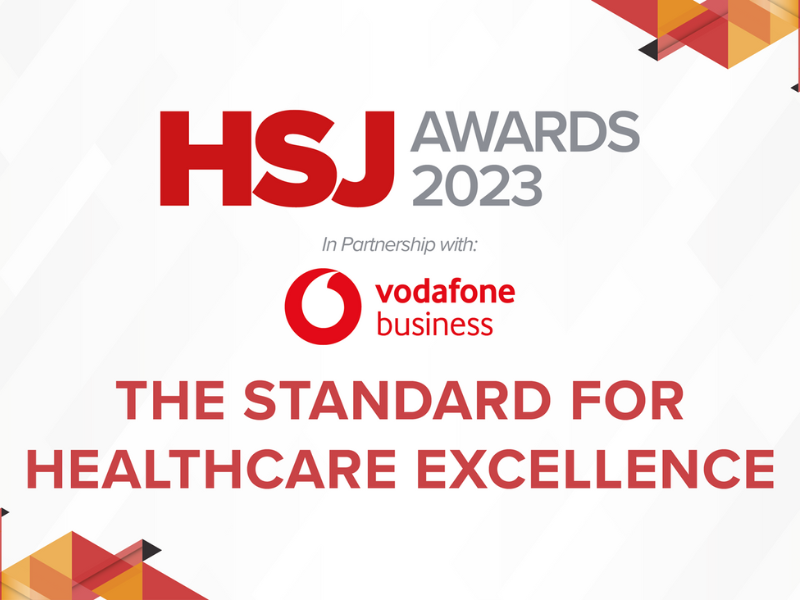Three health innovation networks were recognised for the quality of their work at last night’s HSJ Awards ceremony (Thursday 16 November 2023), which celebrates success and excellence in healthcare across the NHS.
UCLPartners won the ‘Medicines, Pharmacy & Prescribing Initiative of the Year’ award, in partnership with Barts Health Trust, North East London ICB, and Clinical Effectiveness Group (Queen Mary University of London). The award celebrated its work in specialist pharmacy-led cardiovascular risk factor management in primary care: A population health management approach.
Imperial College Health Partners received highly commended in the ‘Data-Driven Transformation Award category’ for its London Asthma Decision Support Tool (LADS). This was a collaboration with North West London ICS, South East London ICS, and Vizify.
LADS is a new NHS data tool that for the first time brings together air pollution, demographic and social deprivation data with routinely collected NHS data. This allows clinical teams to intervene much earlier in the patient pathway and improve outcomes, and also focus on identifying and investigating areas of health inequity across the capital.
Health Innovation West Midlands received highly commended in the ‘Provider Collaboration of the Year’ category for its Managing Deterioration in Care Homes Safety and Improvement Programme. This was a collaboration across local ICBs, NHS England, the West Midlands Learning Disability and Autism Self-Advocacy Network, and West Midlands Association of Directors of Adult Social Services to support care home staff in identifying, communicating, and taking action on the physical and early soft signs of health deterioration in adult residents.
Meanwhile, Health Innovation Network South London was shortlisted as a finalist in the ‘Mental Health Innovation of the Year’ category for its Early Intervention Eating Disorders (FREED) National Spread Programme.
Health Innovation Oxford and Thames Valley was also shortlisted in the ‘Medicines, Pharmacy & Prescribing Initiative of the Year’ category for its Integrated Severe Asthma Project (ISAC).
A ‘record-breaking’ 1456 entries were received for this year’s Awards, with 223 projects and individuals reaching the final shortlist, making it the biggest awards programme in the award’s 43-year history.

There is a wealth of HealthTech innovators poised to help solve some of the NHS’ greatest challenges, yet getting a product or new technology adopted at scale in the NHS is far from straightforward. In a recent ABHI member’s survey*, procurement was cited as one of the biggest barriers that innovators face, particularly those from [...]

Tellmi is a social enterprise innovation which aims to address the growing demand for mental health services and tackle health inequalities for young people. It is a digital peer support app available launched in 2017 by psychologist Suzi Godson PhD and engineer Kerstyn Comley PhD. Kersytn explains how Tellmi works. Tell us about the innovation. [...]

The NHS is facing record demand for services. According to The Health Foundation, the NHS waiting list for elective treatment in England has almost tripled in size over the last decade to 7.7 million. And latest figures show there were a record 2.35 million attendances at A&E across England in March this year. We know [...]







